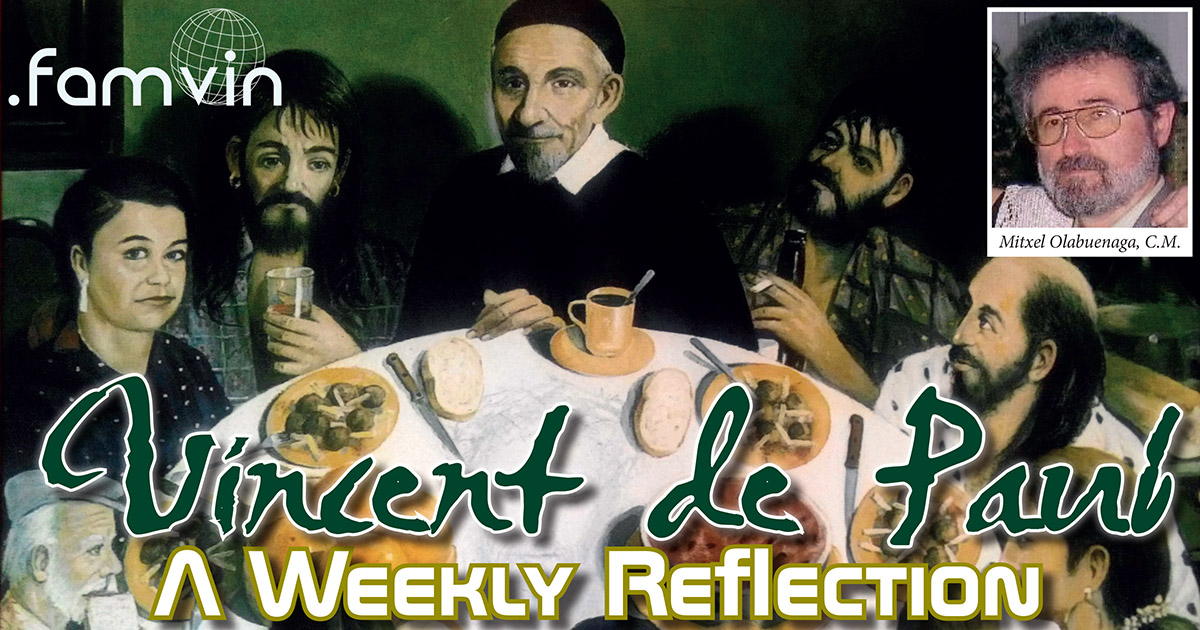“As for myself, I don’t know, but God has given me such a high esteem of simplicity that I call it my Gospel. I have special devotion and consolation in saying things as they are.” (CCD, IX, conference 52).
“Everyone loves simple, candid people, who don’t use subtleties or tricks, who are straightforward and speak sincerely, with the result that whatever they say comes from their heart” (CCD, XII, conference 201).
Vincent de Paul
Reflection:
- I dared to title this reflection with a “Four + One,” picking the first of the sentences of these texts: “God has given me such a high esteem of simplicity that I call it my Gospel.” I add the Four+ obviously because, regardless of metaphores, Mr. Vincent had high steem to the four gospels. Of great importance should have been to Mr. Vincent the appreciation for the virtue of simplicity (demonstrated by the huge number of quotations related to it).
- “Whatever they say comes from their heart” … Is the heart the container of the “truths”? … Does not our heart betray us one day and also the next day? … Where is the trick? … Possibly in the conviction that Mr. Vincent had, that a heart “stripped of influences” treasures the most authentic of each person.
- A clarification to all this is given, as I see it, in the following text: “Everyone loves simple, candid people, who don’t use subtleties or tricks, who are straightforward and speak sincerely, with the result that whatever they say comes from their heart,” that is to say, a heart without prejudices and labels, and adorned with sincerity. The key, therefore, lies in the sincerity that amounts, in this context, to candor.
Questions for dialogue:
- Are our hearts free enough of prejudice to focus on the truth?
- To what extent do we personally live mediatized by the “politically correct”?
- Can we say the same about our communities?
- Is there — or do we maintain in our communities — any practice of the so-called “fraternal correction”?
- Do our “Community Projects” reflect this reality?
Mitxel Olabuenaga, C.M.






0 Comments